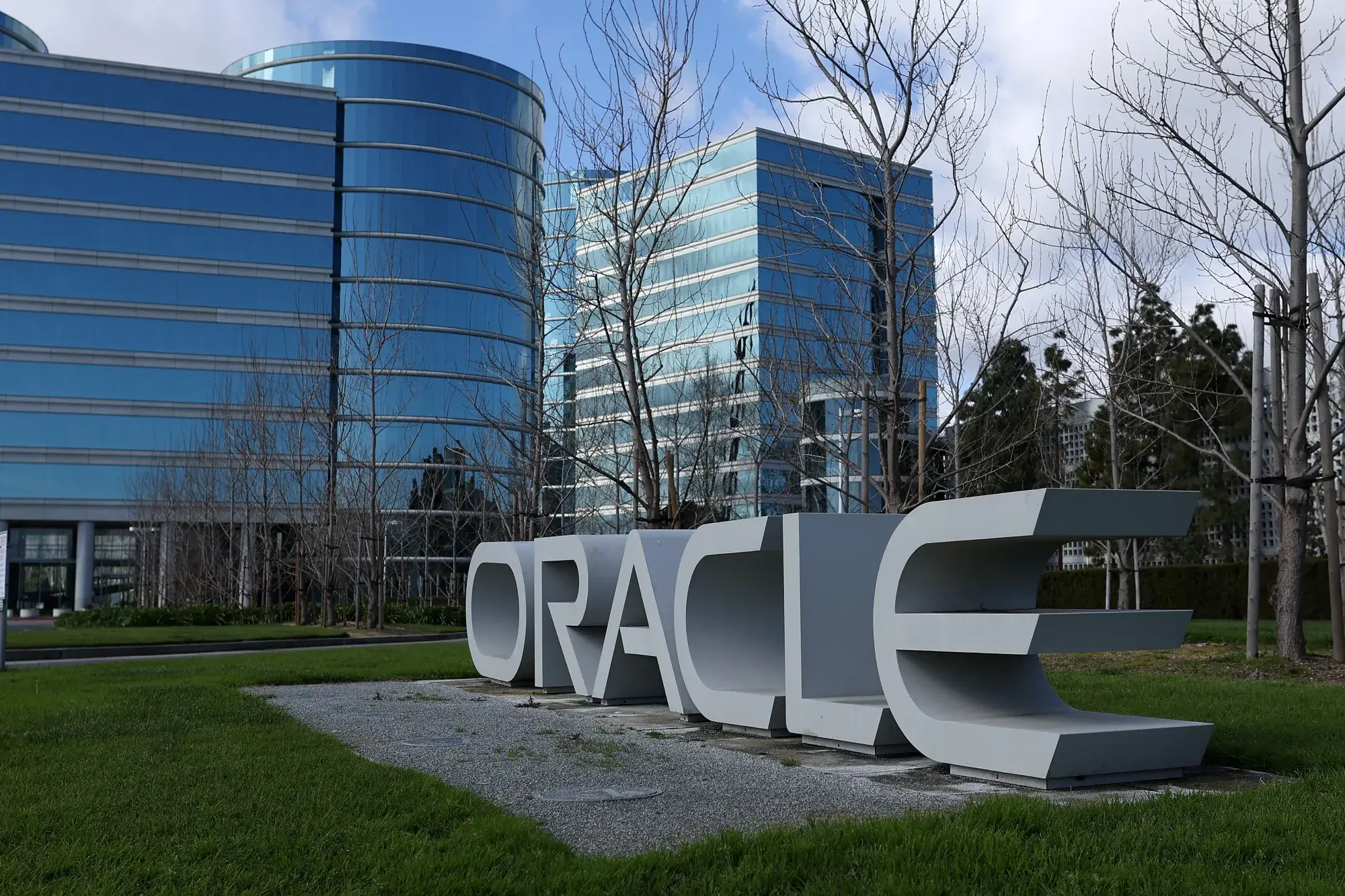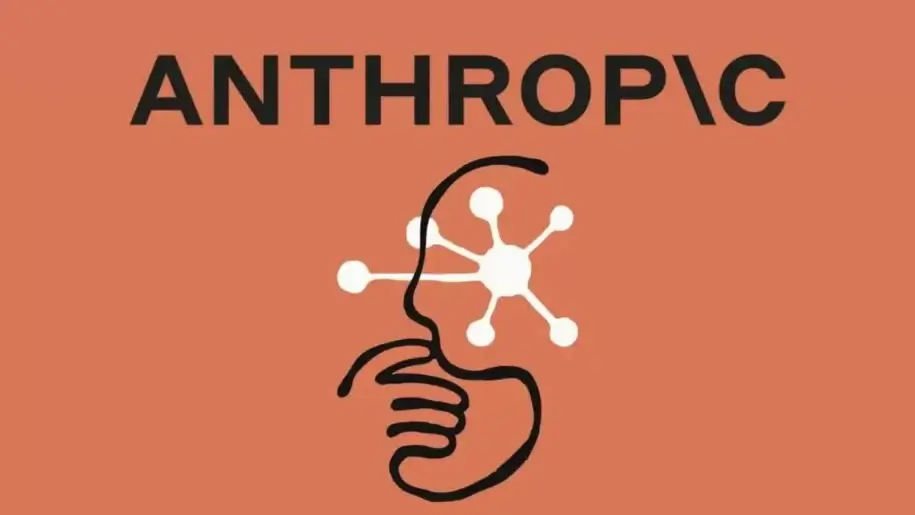The evolving partnership between Tesla and Samsung extends beyond semiconductors, promising significant synergies within the electric vehicle (EV) ecosystem. While their collaboration on AI chips has garnered considerable attention, their combined efforts also encompass smart home integration and battery technology, potentially reshaping the future of EVs and related services.
Semiconductor Collaboration Samsung has secured a substantial contract with Tesla to produce advanced AI chips. This agreement, valued at $16.5 billion, signifies Tesla's commitment to enhancing its autonomous driving technology. These AI chips, designated as AI6, will be manufactured at Samsung's new facility in Taylor, Texas, with initial sample production occurring in South Korea. Tesla plans to use AI6 chips in high-volume products such as Cybercab and Optimus. Elon Musk has emphasized the strategic importance of this partnership, highlighting its value for Tesla's driverless vehicle ambitions. Musk also mentioned the possibility of personally overseeing the production line to accelerate progress.
Smart Home Integration Samsung and Tesla are collaborating to integrate SmartThings Energy with Tesla products, including Powerwall home battery, Solar Inverter, Wall Connector charging solutions, and EVs. This integration, showcased at CES 2024, allows Tesla Energy customers to manage and monitor their home's power status through SmartThings Energy on Samsung devices, alongside the Tesla app. This collaboration expands SmartThings Energy's connectivity and aims to provide seamless home experiences for consumers. Users can also synchronize SmartThings Energy with the Tesla app's Powerwall "Storm Watch" function to receive alerts on Samsung devices during extreme weather events and activate AI Energy Mode to optimize backup energy stored in Tesla Powerwall. Drew Baglino from Tesla expressed enthusiasm for enabling interaction between Tesla products and other intelligent devices, recognizing Samsung as an early developer in this space.
Battery Technology Samsung is developing advanced battery technology that could significantly impact the EV market. Samsung SDI's solid-state batteries promise to improve vehicle range, decrease charging times, and enhance safety. These batteries, which could go into mass production as early as 2027, are expected to offer a range of up to 621 miles (almost 1,000 kms) and rapid charging capabilities. Samsung's solid-state battery technology boasts an energy density of 500 Wh/kg, which is about twice the density of mainstream EV batteries. Samsung is also working on other battery chemistries, including high-nickel NCA for high-end customers and lower-cost semi-solid-state batteries, LFP, and mid-nickel batteries for the entry-level segment.
Challenges and Future Outlook Despite the potential benefits, challenges remain. The mass production of AI6 chips faces a potentially delayed timeline, and Samsung may have offered discounts to secure the Tesla deal. The commercialization of solid-state batteries is also expected to be expensive initially, with the technology first appearing in premium EVs. Nevertheless, the partnership between Tesla and Samsung holds significant promise for the future of the EV industry. Their collaboration on semiconductors, smart home integration, and battery technology could accelerate the development of autonomous driving, enhance energy management, and improve the performance and practicality of electric vehicles.



















